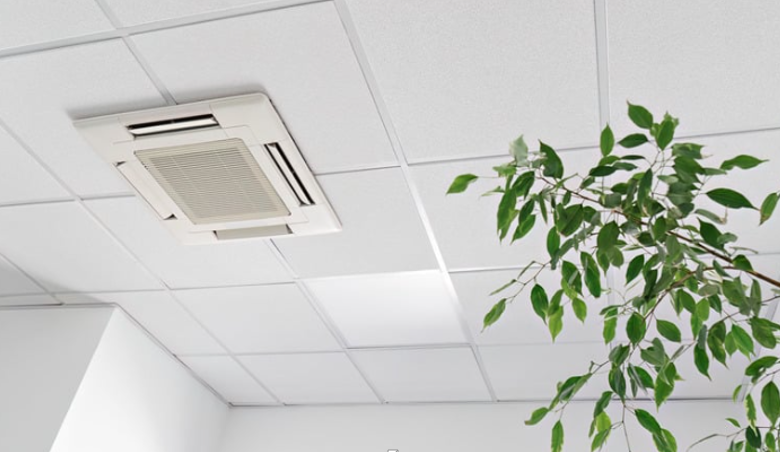How HVAC Systems Can Improve Indoor Air Quality and Employee Productivity

Maintaining a healthy work environment starts with what’s often unseen: the air circulating through your building. Poor indoor air can affect everything from employee concentration to absenteeism and long-term health. Businesses looking to enhance wellness and efficiency are investing in systems designed to improve indoor air quality in Port Charlotte and beyond, prioritizing cleaner airflow, balanced humidity, and effective filtration.
Modern HVAC systems are no longer just climate control units; they are central to health-driven facility management.
The Link Between HVAC Systems and Air Quality
Well-maintained HVAC systems play a direct role in regulating indoor pollutants. Dust, volatile organic compounds (VOCs), mold spores, and allergens can all accumulate in closed spaces if ventilation is inadequate.
Understanding the impact of HVAC systems on indoor air quality is key to identifying how systems support cleaner environments. These units manage humidity, reduce carbon dioxide buildup, and prevent microbial growth by circulating fresh, filtered air throughout the building. Upgraded filters and air purifiers also target microscopic contaminants that affect respiratory health and cognitive performance. When consistently maintained, these systems help stabilize temperature and airflow, two factors that influence air quality and employee focus.
Why Installation Quality Matters
While equipment design matters, the installation process is equally critical. An improperly installed HVAC system may have poor duct layout, insufficient airflow, or imbalanced zones, all of which can lead to stagnant air and inconsistent temperatures.
Professionally installed systems take into account airflow dynamics and room usage patterns to deliver optimal air circulation. As research on how AC installation affects indoor air quality and health shows, improper setup can exacerbate rather than alleviate indoor air problems. In contrast, precision installation helps control moisture, prevent mold formation, and eliminate temperature swings that contribute to discomfort and fatigue.
See also: How Contractors Help Homeowners Avoid Common Renovation Pitfalls
Employee Productivity Benefits
Cleaner air doesn’t just support physical health; it also significantly affects mental performance. High CO₂ levels and airborne pollutants have been linked to headaches, eye irritation, fatigue, and reduced decision-making capacity. By reducing these triggers, HVAC systems enable employees to work more comfortably and efficiently.
Stable temperature, adequate ventilation, and proper humidity levels contribute to better sleep quality, fewer sick days, and improved cognitive function. When employees feel physically comfortable and mentally sharp, productivity naturally increases. In fact, air quality enhancements can provide a measurable ROI for companies through improved staff performance and lower healthcare costs.
Conclusion
Investing in HVAC systems designed for air quality improvement is more than a maintenance decision; it’s a commitment to workplace health and efficiency. When properly installed and routinely serviced, these systems help reduce health risks, stabilize working conditions, and support sustained employee productivity.
Air is invisible, but its impact on business operations is undeniable. Clean, well-circulated air can give companies a silent edge, boosting morale, reducing sick days, and enhancing overall workplace satisfaction. In today’s competitive work environments, that advantage matters.
Over time, businesses that prioritize indoor air quality build stronger teams, increase operational consistency, and project a culture of care that resonates with employees and clients alike. A high-performing HVAC system isn’t just equipment, it’s a long-term investment in human performance.







